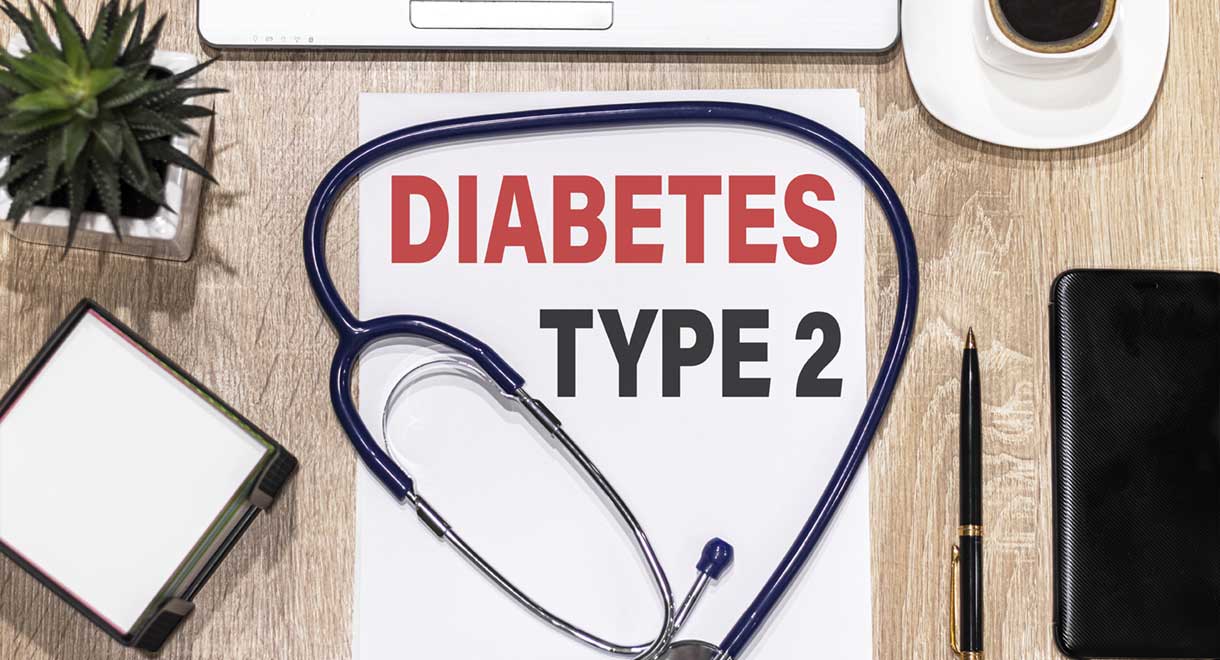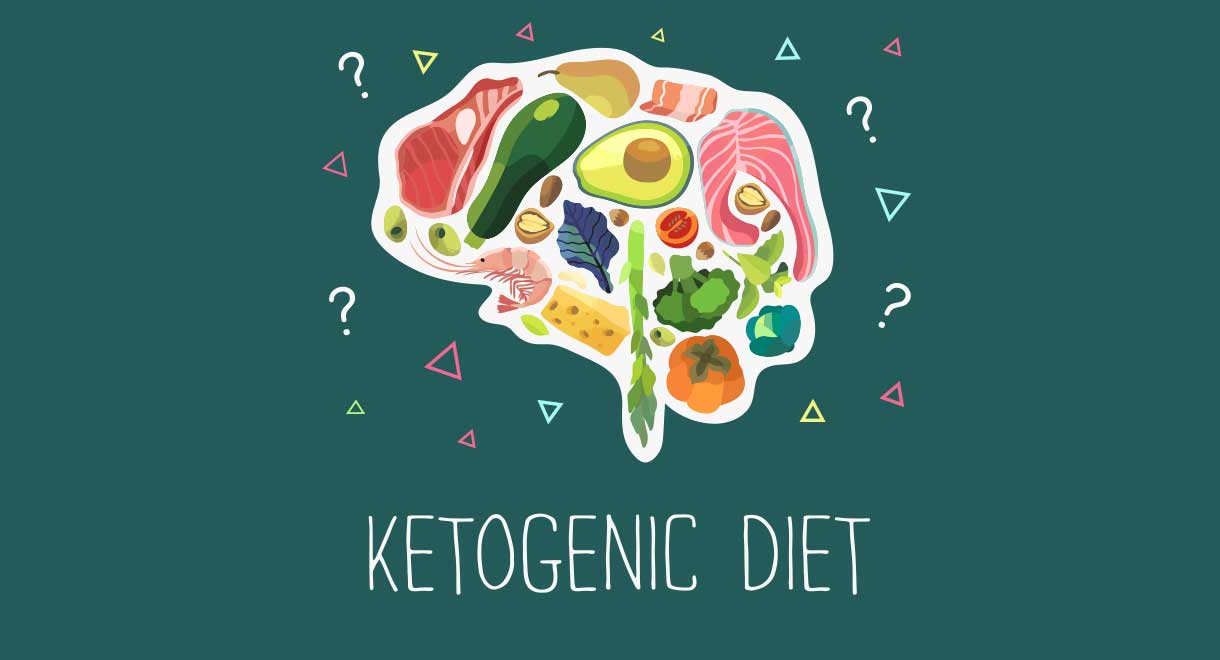A keto diet may protect your brain from Alzheimer’s disease
By naturopath Margaret Jasinska
Did you know there are approximately 472,000 Australians living with some form of dementia? If current trends continue, this figure is projected to more than double by 2058. The medical industry has been searching for a cure for a long time. After many years of research and failed medication trials, the general consensus is that Alzheimer’s disease is incurable.
Alzheimer’s disease is a type of dementia. Dementia impacts a person’s thinking, memory, attention and behaviour and can have a dramatic impact on daily function and quality of life. Alzheimer’s is the most common cause of dementia, accounting for 70 percent of cases in Australia. There are several theories as to what Alzheimer’s is, with the most popular describing it as a disorder of impaired energy metabolism within the mitochondria of cells. Mitochondria are the energy factories in your body. Their job is to process oxygen and convert the foods you eat into energy. It’s thought that Alzheimer’s is due to energy problems inside mitochondria.

A ketogenic diet can improve Alzheimer’s disease
In a recent study, 26 patients with clinically confirmed Alzheimer’s disease were randomly assigned to either a ketogenic diet or their usual diet, complemented with low fat healthy eating guidelines for 12 weeks. The participants then reverted back to their normal diet for 10 weeks, before swapping diets for 12 weeks to enable comparison. All of the patients on the ketogenic diet noticed improvements in quality of life and daily function to the point of clinical significance. Cognitive impairment improved slightly but wasn’t statistically significant. I think the study didn’t go for long enough.

Type 2 diabetes and Alzheimer’s disease are linked
Type 3 diabetes is a name that has been proposed for Alzheimer’s disease, although it is not yet an officially recognised term. Alzheimer’s disease is triggered by insulin resistance (also triggers type 2 diabetes) and inadequate insulin supplies to brain cells. Alzheimer’s disease and type 2 diabetes are two of the most prevalent diseases in the elderly population worldwide. Some studies suggest that individuals with type 2 diabetes have an increased risk for Alzheimer’s disease.
Tips for keeping your brain healthy
- A ketogenic diet involves eating animal protein along with non starchy vegetables. Meat, seafood, poultry and eggs form the basis of this way of eating. We have a really popular ketogenic diet guide which you can download for free here.
- Dr Cabot has written a book specifically about Alzheimer’s disease called Alzheimer’s: What you must know to protect your brain. It contains an enormous amount of valuable information.
- Try to keep your liver as healthy as possible. Your liver is the most important organ to control your metabolic rate. If you have excess weight around your torso, that is a dementia risk. If you are a type 2 diabetic or have insulin resistance, that also raises your chances of developing dementia. Your liver is the main fat burning organ in your body, and it helps stabilise your blood sugar, by storing excess carbohydrate as glycogen. If you have a fatty liver see the book Fatty Liver: You Can Reverse It.
- Consume more oily fish (such as salmon, sardines, mackerel, trout etc.) which are rich in omega 3 fats.
- Foods high in sulfur (such as eggs, onions, cabbage and garlic) help to rid the body of heavy metals. N-acetyl cysteine is a sulfur-containing protein that your body uses to make glutathione. Glutathione is your body’s most powerful detoxifier and antioxidant.
- Increase your intake of foods high in choline, (a precursor of neurotransmitter acetylcholine), such as beef, lentils, green beans, peanuts and sunflower seeds.
- Avoid damaged fats such as those found in deep-fried foods and trans-fatty acids found in margarines and hydrogenated vegetable oils, as these fats have a deleterious effect on nerve cell membranes.
- Avoid sugar and foods that are rapidly digested into sugar, such as bread, pasta and breakfast cereals. A lot of research has shown that having higher blood sugar raises the risk of dementia.
- Increase your consumption of raw fruit and vegetables, and raw juices to provide extra folic acid and vitamin C to protect your brain cells from free radicals and to improve the cerebral circulation.









Leave A Comment